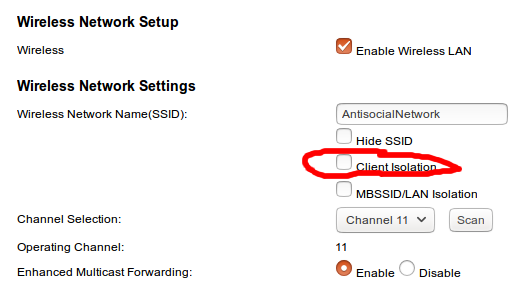What is the best approach to partitioning IoT devices from non-IoT devices at home?
I have heard that setting up separate networks, one for IoT devices and one for everything else, is a good approach. This can be thought of as a three router "Y" network set up. One router connects the home to the outside world and connects to two other routers. One of those routers is for IoT components and one for everything else.
- My IoT devices are IP cameras, smart light bulbs, Nest, etc.
- My non-IoT devices are a PC and a network printer.
- Users of this network are one experienced computer industry professional and one non-computer savvy user.
